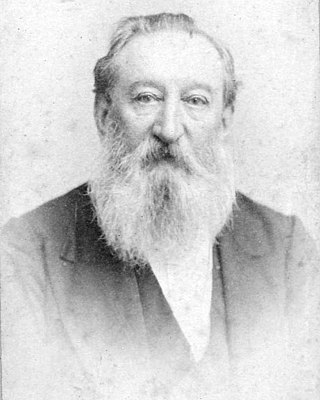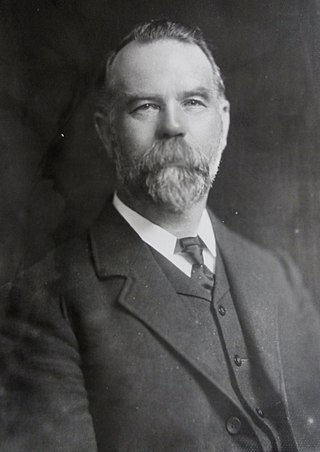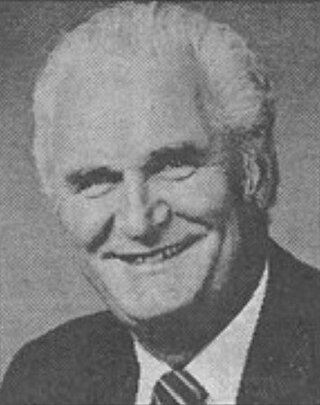
Wellington City Council is a territorial authority in New Zealand, governing the city of Wellington, the country's capital city and third-largest city by population, behind Auckland and Christchurch. It consists of the central historic town and certain additional areas within the Wellington metropolitan area, extending as far north as Linden and covering rural areas such as Mākara and Ohariu. The city adjoins Porirua in the north and Hutt City in the north-east. It is one of nine territorial authorities in the Wellington Region.

The Mayor of Wellington is the head of the municipal government of the City of Wellington. The mayor presides over the Wellington City Council. The mayor is directly elected using the Single Transferable Vote method of proportional representation. The current mayor is Tory Whanau, elected in October 2022 for a three-year-term.

Sir Francis Joseph Kitts was a New Zealand politician. He was the longest-serving mayor of Wellington, holding the post from 1956 to 1974. He was the Labour Member of Parliament for Wellington Central between 1954 and 1960.

George Hunter, JP was the first mayor of Wellington, New Zealand, in 1842–43. He was also the first mayor in New Zealand.

William Guyton was the second Mayor of Wellington, New Zealand in 1843. He obtained this position upon the death of George Hunter and held until the Borough was abolished by the British Government.

Joseph Dransfield was the Mayor of Wellington, New Zealand, from 1870 to 1872. He was the first mayor of the reconstituted Wellington City since William Guyton was (briefly) mayor of the previous Wellington Borough in 1843.

The 1913 Wellington City mayoral election was part of the New Zealand local elections held that same year. In 1913, elections were held for the Mayor of Wellington plus other local government positions including fifteen city councillors. David McLaren, the incumbent Mayor, was defeated by John Luke by a relatively narrow margin, becoming the new Mayor of Wellington. The polling was conducted using the standard first-past-the-post electoral method.
The 1915 Wellington City mayoral election was part of the New Zealand local elections held that same year. In 1915, elections were held for the Mayor of Wellington plus other local government positions including fifteen city councillors. John Luke, the incumbent Mayor, retained office tallying just ten votes fewer than he did two years earlier. The standard first-past-the-post electoral method was used to conduct polling.
The 1921 Wellington City mayoral election was part of the New Zealand local elections held that same year. In 1921, elections were held for the Mayor of Wellington plus other local government positions including fifteen city councillors. The polling was conducted using the standard first-past-the-post electoral method.
Liverpool Town Council existed from 1835 to 1880.

The 1933 Wellington City mayoral election was part of the New Zealand local elections held that same year. In 1933, elections were held for the Mayor of Wellington plus other local government positions including the fifteen city councillors, also elected biannually. Thomas Hislop, the incumbent Mayor sought re-election and retained office unopposed with no other candidates emerging. The polling was conducted using the standard first-past-the-post electoral method.

The 1941 Wellington City mayoral election was part of the New Zealand local elections held that same year. In 1941, elections were held for the Mayor of Wellington and fifteen city councillors plus seats on the Wellington Hospital Board and Wellington Harbour Board. The polling was conducted using the standard first-past-the-post electoral method.

The 1944 Wellington City mayoral election was part of the New Zealand local elections held that same year. In 1944, election were held for the Mayor of Wellington plus other local government positions including fifteen city councillors. The polling was conducted using the standard first-past-the-post electoral method.

The 1947 Wellington City mayoral election was part of the New Zealand local elections held that same year. In 1947, election were held for the Mayor of Wellington plus other local government positions including fifteen city councillors. The polling was conducted using the standard first-past-the-post electoral method.

The 1950 Wellington City mayoral election was part of the New Zealand local elections held that same year. In 1950, elections were held for the Mayor of Wellington plus other local government positions including fifteen city councillors. The polling was conducted using the standard first-past-the-post electoral method.

The 1956 Wellington City mayoral election was part of the New Zealand local elections held that same year. In 1956, elections were held for the Mayor of Wellington plus other local government positions including fifteen city councillors. The polling was conducted using the standard first-past-the-post electoral method.

The 1959 Wellington City mayoral election was part of the New Zealand local elections held that same year. In 1959, elections were held for the Mayor of Wellington plus other local government positions including fifteen city councillors. The polling was conducted using the standard first-past-the-post electoral method.

The 1965 Wellington City mayoral election was part of the New Zealand local elections held that same year. In 1965, elections were held for the Mayor of Wellington plus other local government positions including fifteen city councillors. The polling was conducted using the standard first-past-the-post electoral method.

The 1989 Wellington City mayoral election was part of the New Zealand local elections held that same year. In 1989, elections were held for the Mayor of Wellington plus other local government positions including twenty-one city councillors. The polling was conducted using the standard first-past-the-post electoral method.

John Gibbs Churchill was a New Zealand trade unionist and local politician. For six years he was the mayor of Otaki.













